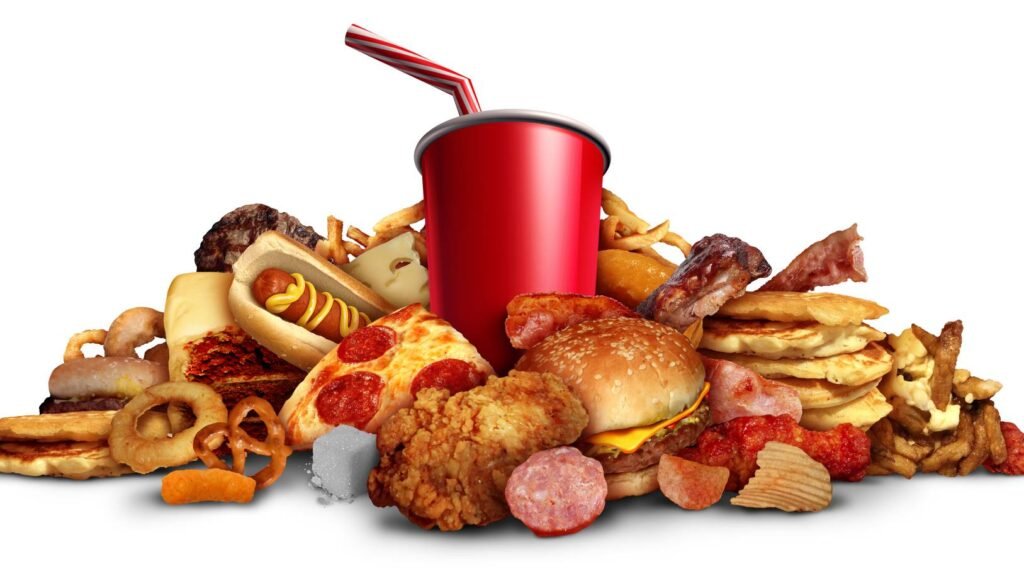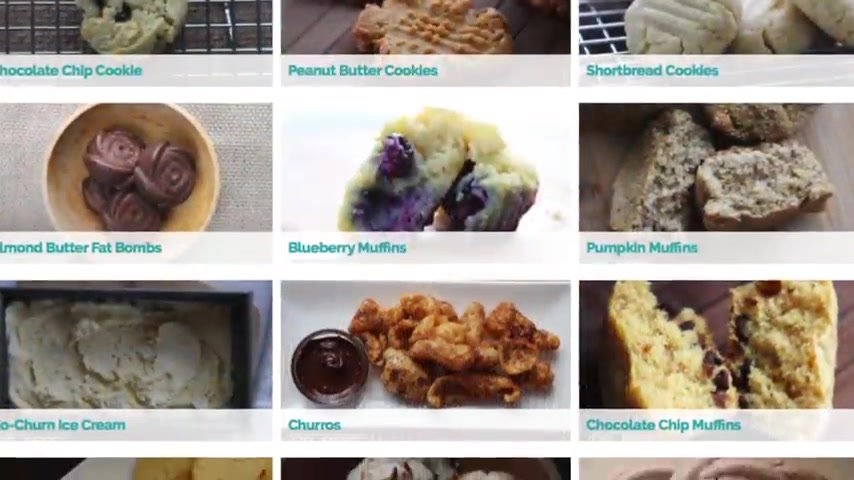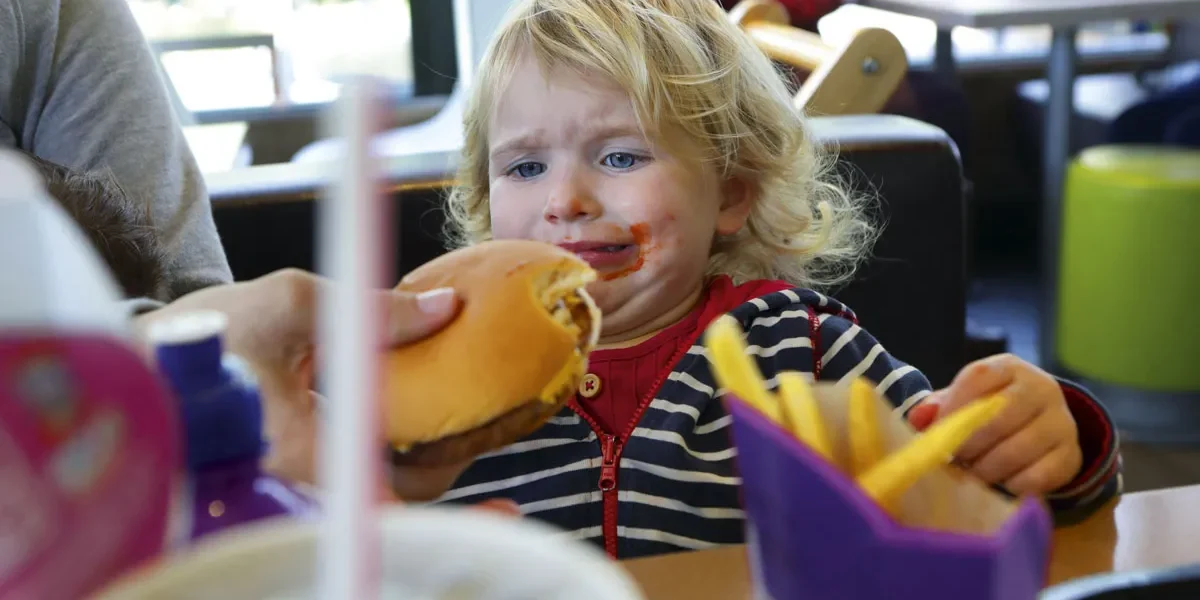Table of Contents
Discover the alarming trend of kids consuming 67% of their calories from ultra-processed foods. Learn about the health risks and find healthier alternatives
This shocked me , actually .67% of calories kids eat come from ultra processed foods .
That’s 2 thirds of all the calories that they consume .That is mind blowing .
What are ultra-processed foods?
So what is an ultra processed calorie ?
Well , it’s the industrial grains , all the processed grain products you see in the grocery store .
We have the sweet snacks .
They’re ready to eat and they’re ready to heat foods , foods high in added sugar , foods with trans fats , refined starches , like modified food starch , for example .
Now most of these foods are very , very high in carbohydrates but without very many nutrients .
Health effects of ultra-processed foods

So you have the situation where you have high oxidation .
That’s like rusting out the inside of the body without any antioxidants that are supposed to protect all this free radical damage .
So this is where the heart disease comes in in the artery .
This is where you can be at risk for getting cancer and especially diabetes .
Now the problem with diabetes is that , normally , you’re gonna have high insulin , which the doctors are never gonna check , for probably 20 years or 25 years before the blood sugars even go up .
So diabetes takes a long time to develop .
And when you’re developing this condition , a lot of times , you don’t even know it’s brewing in the oven until it’s in the later stages .
Research data
Now most of these calories are not eaten at home .
It’s out of the house , fast food restaurants , that type of thing .
And the problem is when these kids eat these foods , they’re just never satisfied , so they keep eating it over and over and over because they’re highly addictive .
Now this study involved , age group between 2 19 years old , from 1999 to 2018 involving 30 3,000 participants .
Now in 1999 , when they started the study , the ultra processed calories encompassed 61% of the calories .
But in 2018 , it’s 67% of their calories .
So it went up a bit .
Examples of ultra-processed foods
So ultra processed would be the soft drinks , the chips , the chocolate , the candy ,
the ice cream , the sweetened breakfast cereals , which , by the way , are the most common things that kids consume .
Then we have packaged soups , chicken nuggets , very popular , hot dogs , fries .
If your kids are consuming this , they need to get on the ketogenic diet .

There are so many wonderful desserts and foods that mimic some of these foods .
They’re not identical .
They’re similar .
So I would definitely get your kids involved .
This is a train wreck waiting to happen .
We have 2 thirds of our children eating these foods .

So , really , it’s up to you and me to spread the word and , get these kids on a healthy version of the ketogenic diet .
Click here for some really good desserts that I think that your kids will like that don’t have any sugar in them .
key points:
That means that two-thirds of calories a child eats comes from ultra-processed foods!
What are ultra-processed foods?
- Industrial grains
- Sweet snacks
- Ready-to-eat foods
- Ready-to-heat foods
- High in added sugar
- Trans fats
- Refined starches
Most of these foods are very low in important nutrients yet high in carbohydrates. In turn, you have high oxidation and few antioxidants in the body. This is like rusting out the inside of the body.
Excess oxidation can cause:
- Heart damage
- Cancer
- Diabetes
- Most of the calories from ultra-processed foods are not eaten at home. Instead, they are eaten while out of the house, at restaurants, schools, etc.
- When you consume ultra-processed foods, you’re never satisfied because they are very low in nutrients. This potentially leads to overeating and obesity.
- This study went on from 1999 to 2018 and included 33,000 participants from ages 2 to 19. In 1999, ultra-processed foods made up 61% of a child’s diet; In 2018, they made up 67%.
- As you can see, this amount is steadily increasing, which could mean our children could be consuming even more processed foods today.
Ultra-processed foods include:
- Soft drinks
- Chips
- Chocolate
- Candy
- Ice cream
- Sweetened breakfast cereal
- Packaged soups
- Chicken nuggets
- Hot dogs
- Fries
The best diet for avoiding ultra-processed foods is the Healthy Keto diet. Check out my other videos on how to get started on Healthy Keto.
AFQ:
How much are kids consuming ultra-processed food?
Studies and reports vary by country, but a substantial portion of children’s diets in many industrialized nations now consists of ultra-processed foods. In some cases, ultra-processed foods can account for more than 50% of children’s daily caloric intake.
How ultra-processed foods affect children?
Ultra-processed foods can negatively affect children by contributing to obesity, type 2 diabetes, and cardiovascular diseases. They can also lead to poor eating habits and preferences for high sugar, salt, and fat foods over healthier options.
What percentage of kids eat unhealthy?
It’s challenging to define “unhealthy” broadly due to varying definitions, but studies have shown significant percentages of children do not meet dietary guidelines for vegetable, fruit, and whole grain intake, with many regularly consuming sugary drinks and snacks.
What percentage of food is ultra-processed?
Globally, the consumption of ultra-processed foods varies widely. In some Western countries, ultra-processed foods can make up around 50% or more of the total daily energy intake in the general population.
How to avoid ultra-processed foods for kids?
- Read Labels: Look for short ingredient lists with recognizable items.
- Cook More at Home: Homemade meals typically contain fewer processed ingredients.
- Focus on Whole Foods: Emphasize fruits, vegetables, whole grains, lean proteins, and healthy fats.
- Plan Ahead: Prepare healthy snacks and meals to avoid convenience foods.
- Educate: Teach children about healthy eating habits early on.
What happens if kids eat a lot of junk food?
Regular consumption of junk food can lead to obesity, dental issues, type 2 diabetes, and early signs of heart disease. It can also affect their energy levels, focus, and mood.
What is the most unhealthy food for kids?
Sugary drinks, such as sodas and fruit punches, are often considered among the most unhealthy for children due to their high sugar content and lack of nutritional value.
What age group eats the unhealthiest?
Dietary habits can vary, but teenagers often have higher consumption rates of unhealthy foods compared to other age groups. This is due to increased independence in food choices and susceptibility to peer and marketing influences.
What are the top 10 junk foods?
- Soda
- Potato chips
- Candy bars
- Fried fast food
- Ice cream
- Doughnuts
- Cookies and cakes
- Pizza (with unhealthy toppings)
- Processed snacks (e.g., cheese puffs)
- Sugary cereals
How do you detox from ultra-processed foods?
- Eliminate ultra-processed foods from your diet gradually.
- Increase water intake to help flush out toxins.
- Eat whole foods, focusing on vegetables, fruits, whole grains, and lean proteins.
- Exercise regularly to improve metabolism and overall health.
- Get enough sleep to aid in recovery and repair processes.
What are 5 ultra-processed foods?
- Instant noodles
- Soft drinks
- Packaged snacks
- Frozen ready meals
- Processed meats (e.g., sausages and hot dogs)
Is honey ultra-processed?
No, honey is not considered ultra-processed if it’s natural and unrefined. However, some commercial honey can be heavily processed, losing much of its natural nutritional value.




